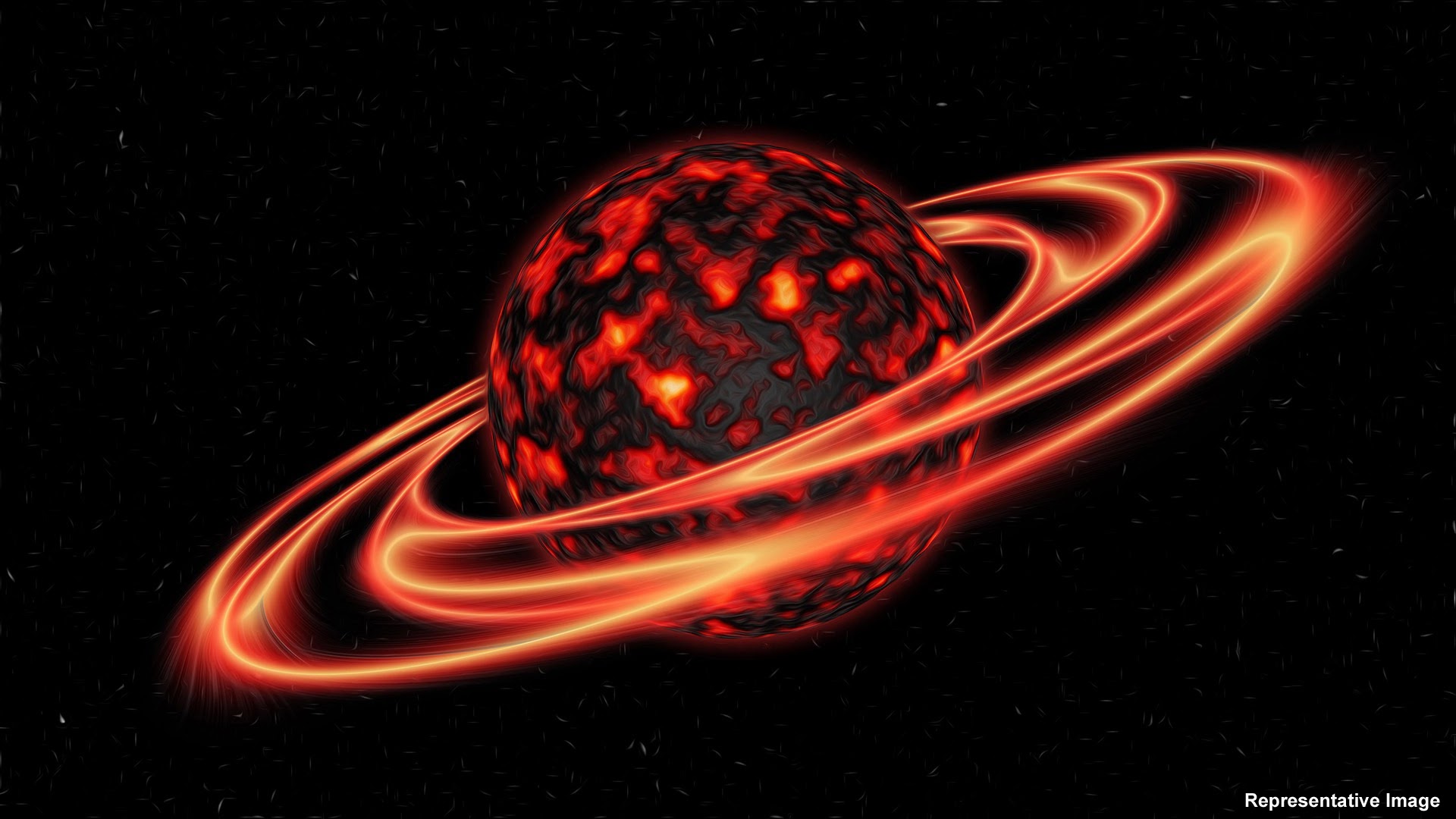
Scientists Have Discovered A "Hell Planet" With Lava Oceans And Rocky Rain
Scientists have been exploring distant planets to understand the dynamics of the innumerable planets in the universe. While some planets are surprisingly similar to planet Earth and are seen as possible sites to harbor life, others are far too extreme for anything to survive on them, like planet K2-141b.
Scientists have recently discovered a 'hell planet' 200 light-years away from Earth, different from anyone in our solar system. The massive rocky exoplanet, called K2-141b, is a hot lava world on one side but extremely cold on the other side. It has a magma ocean, a rock vapor atmosphere, and a supersonic wind.
According to a new study published in the Monthly Notices of the Royal Astronomical Society, scientists at McGill University, York University, and the Indian Institute of Science Education have uncovered details of one of the newest "lava planets"—a world that so closely orbits its host star that much of it is made up of flowing lava oceans.
One side of the planet always faces its host star, resulting in endless daylight and rising temperatures, this burning hot part of the planet has temperatures of over 5,400 degrees Fahrenheit. It's hot enough not only to melt rocks but also to vaporize them, creating a thin, inhospitable atmosphere. The other side facing away from the star has temperatures as cold as-200 degrees Celsius. The dramatic temperature difference results in the intense 3,000 mph winds that are blowing across the planet.
This planet is categorized as a 'super-earth.' The planet is larger and more massive than Earth, but it takes only seven hours to orbit its orange dwarf host star.
Researchers predict that the planet's mineral composition will change over time. With this, K2-141b will eventually have a different surface and atmospheric composition. This is because all the rocky planets are starting their journey as molten worlds.
According to Nicolas Cowan, the co-author of this study, "All rocky planets, including Earth, started as molten worlds but then rapidly cooled and solidified. Lava planets give us a rare glimpse at this stage of planetary evolution."
Researchers say they are looking forward to collecting more data on the planet, as they believe that observing K2-141b might explain Earth's past.

0 Response to "Scientists Have Discovered A "Hell Planet" With Lava Oceans And Rocky Rain"
Post a Comment